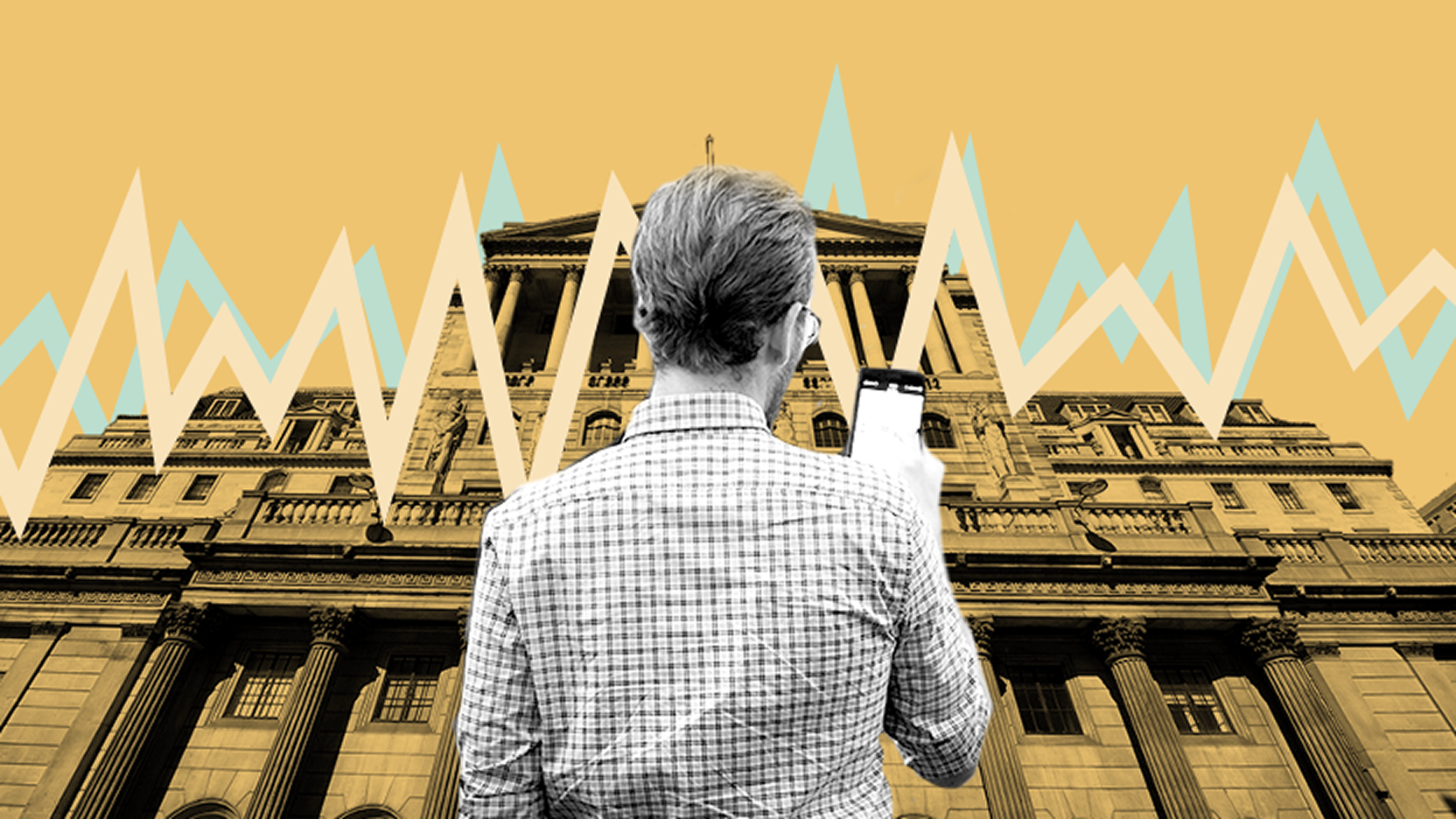Despite some solid gains for the miners on higher copper prices, the FTSE 100 declined about 0.4 per cent early Thursday as HSBC pulled the index lower with its roughly 6 per cent decline on news it plans to acquire the rest of Hong Kong-listed Hang Seng Bank that it does not already own. The deal, which is paying a 30 per cent premium for the shares, means HSBC will pause share buybacks. More on that here
Lloyds says it may need to make material extra provisions for motor finance redress – something of a surprise as yesterday it was all about good news because the FCA indication was below the lower end of previous estimates.
Israel and Hamas have agreed a deal to release all remaining hostages as part of the first phase of a US plan to bring peace to the region. “ALL of the Hostages will be released very soon, and Israel will withdraw their Troops to an agreed upon line as the first steps toward a Strong, Durable, and Everlasting Peace,” Donald Trump posted on his Truth Social account. Israel’s cabinet is convening today to approve the agreement.
Watch defence stocks and gold. Both have enjoyed a bumper run from the geopolitical risk premium since the 7 October attacks two years ago. Both seem to be pulling back today with gold coming off yesterday’s record high and Rheinmetall, Hensoldt, Leonardo, Thales -1 per cent, Saab 2 per cent. In London, Babcock, BAE Systems and Rolls are lower. But both gold and defence stocks also enjoy structural tailwinds. For which read reports that Nato allies are discussing how to more forcefully respond to Russia’s hybrid warfare tactics. This could include the use of armed drones on the frontiers and enabling pilots to more easily open fire on Russian aircraft. On gold – just a note to say that geopolitical risk premia has clearly been a factor over the last two years; could this trigger a correction in the market as it seems very extended right now?
Emmanuel Macron, the French president, will appoint a new prime minister by Friday. It was always the easiest path of the three routes open to Macron after his latest prime minister, Sebastien Lecornu, resigned on Monday. It’s thought that the immediate risk of snap elections has receded – ultimately, the country needs new elections not another round of these pointless attempts to secure a budget for 2026. The Cac rose this morning.
Minutes from the last Federal Reserve meeting suggested some policymakers are worried about inflation, but most still want more rate cuts this year. They seem more concerned about the labour market, even if that is a mistake. Remember this was a policy meeting where they raised inflation and growth forecasts and cut unemployment estimates yet still cut rates – no wonder the stock market is soaring.
Despite talks of bubbles and warnings from the Bank of England and Jamie Dimon no less about the risks of overpriced equity valuations, AI is not letting up as Wall Street posted more records on Wednesday. The S&P 500 and the Nasdaq Composite hit new all-time intraday and closing highs yesterday, having wobbled a touch on Tuesday to break a seven-day win streak. More AI-related goodies were delivered overnight from TSMC, the world’s largest contract chipmaker, which reported a 30 per cent increase in Q3 sales, surpassing expectations amid strong AI demand. Major US tech companies such as Nvidia are driving growth as TSMC supplies advanced chips. AMD rallied a further 11 per cent following its OpenAI deal. Margin weakness in Oracle’s cloud business doesn’t seem bother anyone.
By Neil Wilson, investor strategist at Saxo UK
